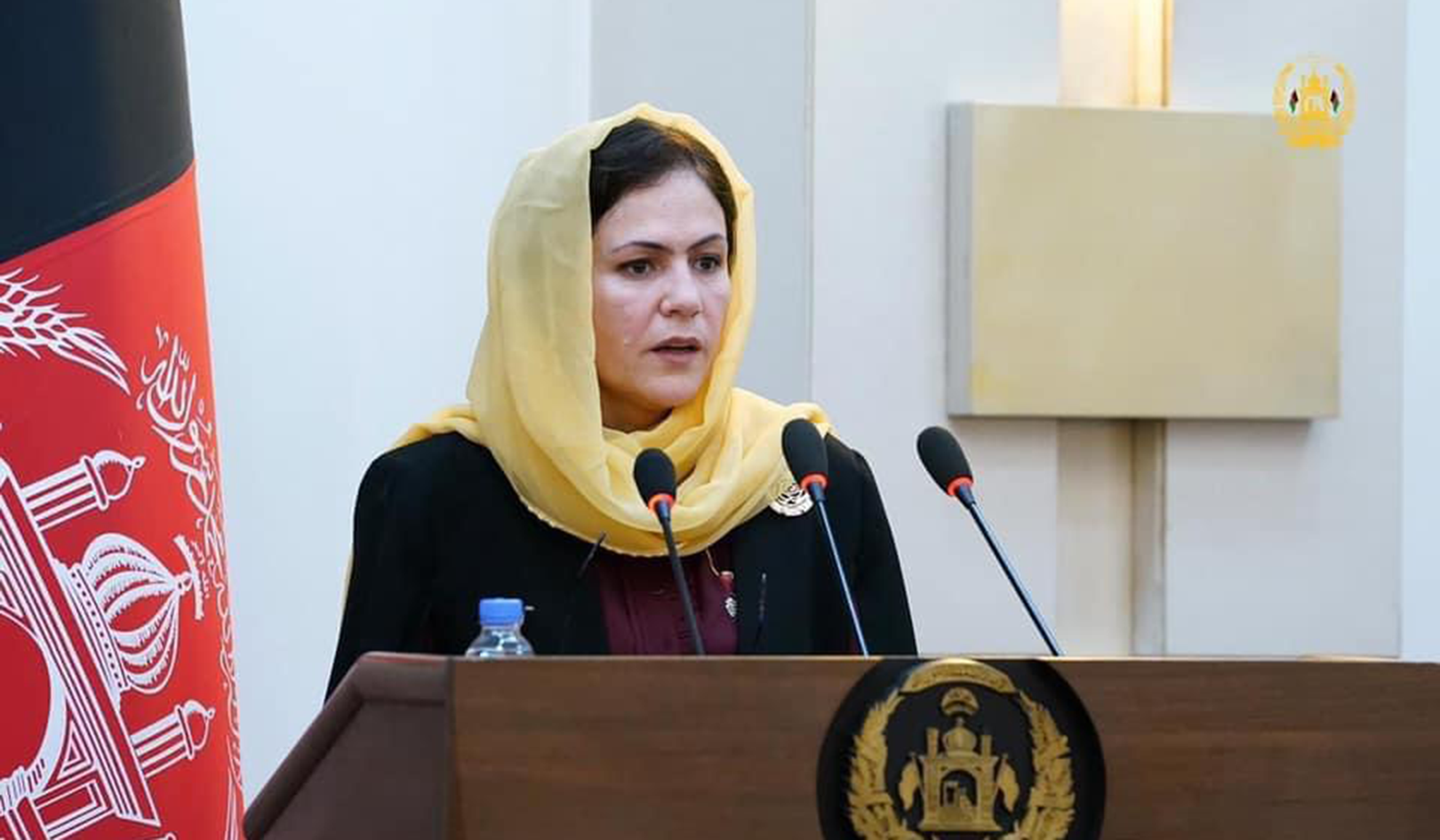What’s at stake in the Afghan peace process?
Fawzia Koofi, member of the peace negotiation team of the Islamic Republic of Afghanistan, says women have the most to lose if a political settlement is not reached.

On May 30, the Swedish Committee invited Fawzia Koofi for a digital conversation about the Afghan peace process.
Watch the webinar in full on Facebook
The issue of women’s rights was central in the webinar, as many women in Afghanistan worry that a potential power-sharing deal with the Taliban could roll back progress made in the last two decades.
Koofi shares these concerns. She also states that the influence of the Taliban is not the only reason that women’s rights in Afghanistan are in jeopardy. Even within the government institutions, there are conservative elements seeking to limit the freedoms of women.
Political participation
Today, a constitutional quota system reserves 27 percent of the seats in parlament for women. Koofi mentions women’s political participation, as well as co-education for male and female students in schools and universities, as examples of what’s at risk in the negotiations with the Taliban.
Also, she questions the Taliban’s definition of women’s rights, which they say they want to preserve in accordance to Islamic and traditional values.
“If you make people to for instance wear burqa, that’s not according to the principles of equality and liberty. We have to let people make a choice, if they want to wear a burqa, or a scarf, jeans or whatever.”
Crucial months ahead
Foreign troops are set to leave Afghanistan by September 11, following a deal signed by the US and the Taliban. Koofi says the months leading up to the troop withdrawal will be crucial in determining the country’s future.
“Our hope is that the Taliban will demonstrate more willingness and more genuineness in terms of agreeing to a political settlement which will be inclusive, including of course women and the new transformed generation of Afghanistan.
“If we don’t agree on a political settlement there are all the possibilities of a deteriorating security situation and eventually collapse of some of our institutions.”
She stresses that peace can only be reached through negotiations and not by military means.
“We will have tough days ahead of us, but I think it’s better to give negotiations a chance. Because if the situation becomes more militarised, it will be the women of Afghanistan that will be the main losers.”
Fawzia Koofi:
An Afghan politician who has been a women’s rights activist for decades. She is a member of parliament and the first woman to lead a political party in Afghanistan, the Movement of Change for Afghanistan. She has won numerous international awards for her advocacy of human rights and women’s rights.